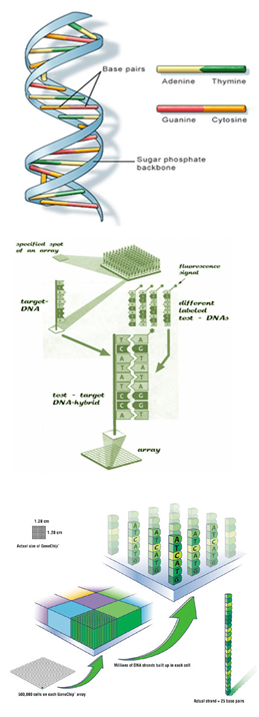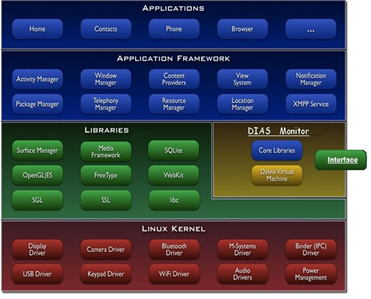The Institute of Cryptography and Information Security engages in the study of cryptography, computer system security, computer network security, etc. Managed by Professor Lai Xuejia, the institute now has more than 10 teachers and about 80 postgraduates. Representative research objects of the institute include symmetric cryptography and public-key cryptography, Hash function and DNA code, chip analysis and attack of encrypted IC card, software security, vehicular wireless network security, etc. Since its foundation in the year of 2003, the Institute of Cryptography and Information Security has presided over a number of key research projects of ministerial or regional level, such as key national projects, projects of the 973 Program and NSFC key projects. It has published over 50 papers in top journals and conferences at home and abroad, with its research achievements applied to many security-sensitive areas like national defense, medical treatment and banking.
DNA Computing and DNA Cryptography
The high storage density, high parallelism and other merits of DNA make DNA computing have the following advantages: with a problem and the required DNA material given, all the possible outcomes of the problem can be calculated on a large scale in parallel at the same time, and the target solution can be filtered out with the specific flag. We are committed to the study of the basic theory of two-dimensional self-assembly model, and the realization of polynomial-time algorithm for NP problem in this model.

DNA cryptography uses DNA as the information carrier, and modern biological technology as the implementation tool, to achieve encryption, authentication, signature and other cryptographic functions. The cryptosystem for DNA chip takes full advantage of the parallelism of DNA chips, enables the encryption and decryption process to be operated in parallel on a large scale. Its safety is based on difficult biological problems: it is difficult to accurately sequence unknown mixed DNA probes on DNA chips.
Android Security Analysis System Based on Dalvik Instruction Flow
We propose an Android security analysis system based on the Dalvik virtual machine instruction flow. The system monitors the operation of the target by monitoring the instruction flow of the underlying Android Dalvik virtual machine. It can prevent most of the security issues and vulnerabilities on the Android platform with user-configurable security policy.
Our solution is the DIAS instruction flow analysis system, with technical advantages of lightweight, basing on Dalvik virtual machine, dynamic monitoring of the underlying data, user-configurable security policy, undetectable by malicious programs, etc.
